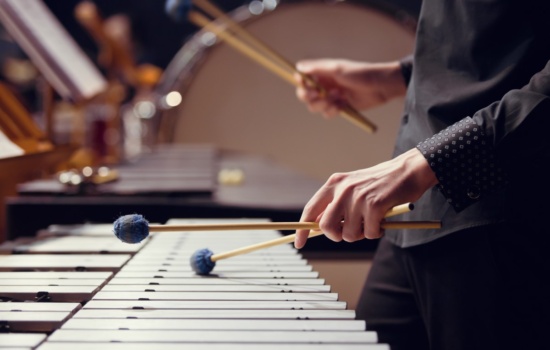It is tempting to try to find definitive answers to your questions about choosing the “best” school for studying Music Therapy but, like any other important decision, it is very individual.
In the United States, music therapy programs are offered in 36 states and the District of Columbia. Of the 93 schools approved by the American Music Therapy Association (and therefore offering accredited music therapy programs):
- 48 offer the undergraduate degree only
- 43 offer the undergraduate degree and MA
- 2 offer only the MA
- 9 offer the doctorate in either music therapy (3), music education with an emphasis on music therapy (4), or expressive arts therapy (2)
- 7 schools offer online programs at the graduate level
- 5 master’s music therapy programs in the United States lead to a degree in both music therapy and counseling
Entry-level practice requires an undergraduate degree, typically 4.5 years. In New York State, the master’s, as well as the License in Creative Arts Therapy, is required.
For an overview on music therapy education and training, consult Music Therapy Education and Training: From Theory to Practice (Goodman, K. , 2011, Charles C Thomas).
For a sample of information about education, training and practice aboard, see the European Music Therapy Confederation. There are also numerous Facebook pages involving music therapy which can be good places for informally engaging with other music therapy students and professionals.



